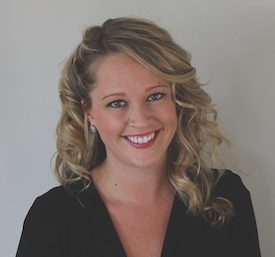Reverse mortgages might be “America’s most hated home loan,” according to a recent article in Bloomberg, but the news outlet also says they are staging a comeback thanks to the support of leading academics.
Bloomberg talks to Columbia Business School professor Chris Mayer, who is also the CEO of reverse mortgage lender Longbridge Financial. Mayer was an economist at the Federal Reserve of Boston and holds a Ph.D. from the Massachusetts Institute of Technology.
He has studied reverse mortgages for the last 15 years and is among those academics and finance experts who believe reverse mortgages deserve a second look now that new regulations have improved the product for consumers and taxpayers.
Bloomberg says Mayer and others, including with Alicia Munnell of the Center for Retirement Research at Boston College, are trying to “rehabilitate one of the U.S.’s most-reviled financial products” and the move is part of an industry-wide push to spread awareness through academics rather than celebrities.
In the past, reverse mortgages were touted as an option for cash-strapped seniors by celebrities like Fred Thompson, Henry Winkler and Richard Wagner.
While American Advisors Group, which currently holds more than a quarter of the market’s share, does employ Tom Selleck to star in ads about the loan, the rest of the industry has left celebs behind as it embraces a new message about reverse mortgages.
In recent years, a number of financial experts and researchers have explored the ways in which a reverse mortgage can be used as a smart financial planning tool in retirement.
The idea is to take a reverse early in retirement and draw upon the funds when needed if other assets are down, building a line of credit in the process that can be used in emergencies.
To highlight the role reverse mortgages can play in retirement income planning – and to help shed the image of the loan as one of last resort – many lenders have formed partnerships with retirement researchers and high-profile financial planning experts to get the message out there among professional groups.
The hope, it seems, is to get people to see reverse mortgages in a new light.
“Academics represent a new face for an industry that’s long relied on aging celebrity pitchmen,” Bloomberg wrote.





